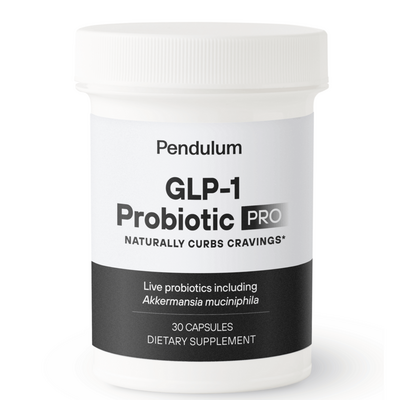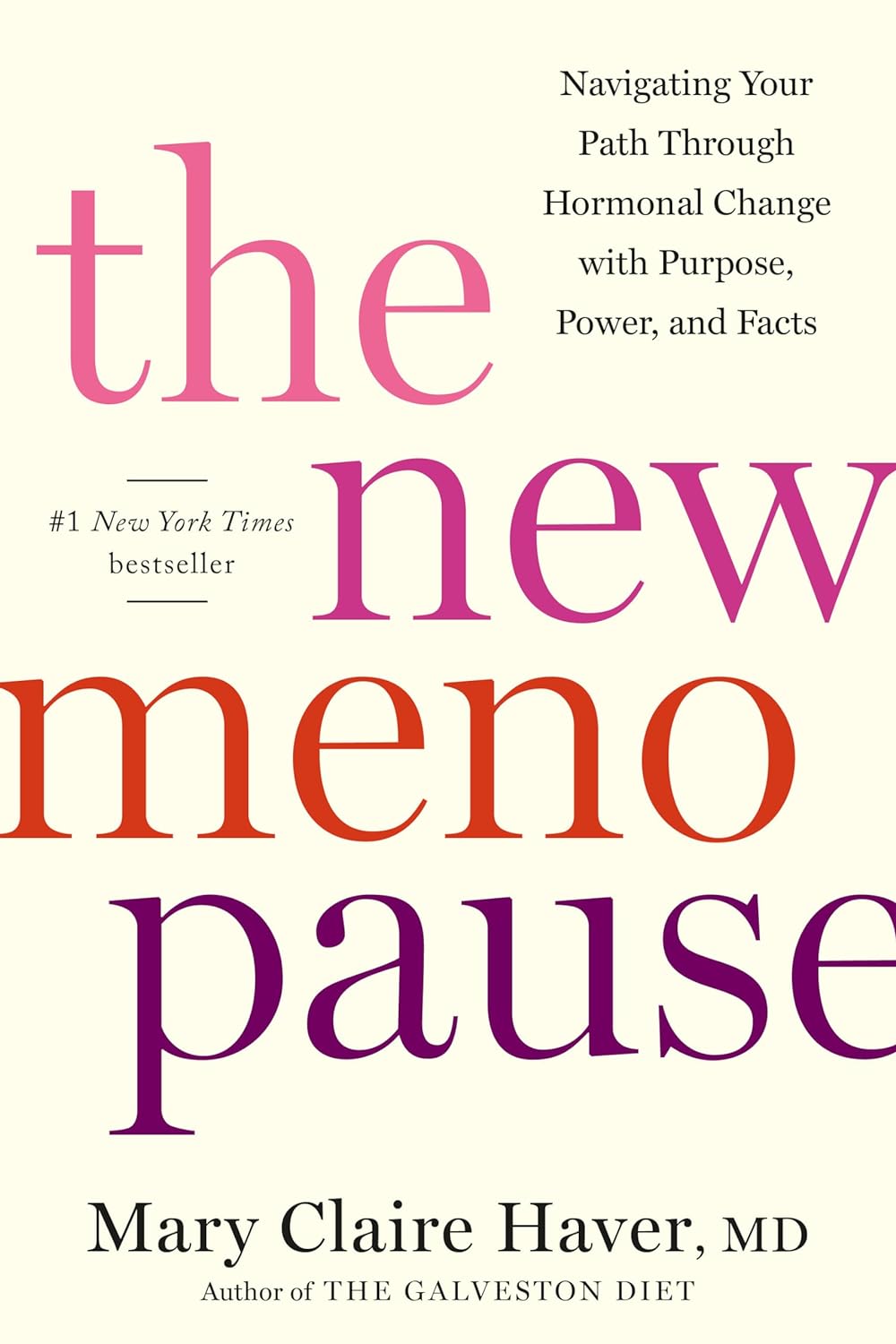|
What’s New?
Stomach rumblings are caused by wave-like muscular contractions (peristalsis) at the walls of the stomach and small intestine. These are normal digestion movements, however the process is louder and more noticeable when the stomach is empty as the sound is not muffled.
|
|
Hello and Happy Holidays
Ho Ho Ho Belch  ‘Tis the season to over indulge starting with Thanksgiving then right on through New Year’s Eve and then bowl games on New Year’s Day. ‘Tis the season to over indulge starting with Thanksgiving then right on through New Year’s Eve and then bowl games on New Year’s Day.
Did you know that prescription and OTC acid blockers rank number three in category of drugs sold in the USA? This tells me that many have symptoms of GI distress. These symptoms may range from occasional to severe constipation. Alternating loose to hard stools, gas and bloating, and feeling full most of the time or after eating just a small amount. And of course esophagitis and reflux. In the world of functional medicine the mantra is to “fix the gut first”. Eighty percent of our immune system originates in a cell layer surrounding the gut. If one spreads the lining of the gut out there is enough surface area to cover a tennis court. Because of the name of my company many do not realize that I also treat other issue. GI health is one of these. Fill out a GI health questionnaire and see how you score. Then call Margot at 614.888.8923 (select `option 1`) to schedule a ½ hour appointment for a GI assessment. January is a great time to do this. Many times a detox fits right in with GI symptoms. |
|
Healing Acid Reflux Naturally
You’ve just enjoyed a southwest burrito at your favorite restaurant. Now, you’re feeling as if someone has lit a fire in your upper abdomen and the flames are reaching up your throat. That’s acid reflux. It’s triggered when stomach acid backs up into your food pipe (the esophagus). Acid reflux (commonly called heartburn) is a painful and aggravating condition that affects about 60% of the adult population in a given year. A more persistent and serious condition, Gastroesophageal Reflux Disease (GERD) afflicts as many as seven million Americans.
A variety of symptoms accompany reflux – not everyone has them all. People with GERD typically experience symptoms from intense irritation to burning pain in the lower mid-chest or behind the breastbone. Other common symptoms are stomach ache, nighttime cough, and inflammation. Persistent reflux can erode tooth enamel, damage the lining of the esophagus, cause sore throat/laryngitis, interfere with swallowing, and increase risk for diseases of the esophagus. To get to the root cause of GERD, a holistic physician may test for food sensitivities, evaluate your diet and lifestyle habits, and consider a number of other possible causes. Once the underlying cause has been determined, your doctor may recommend diet changes, herbal and homeopathic remedies, as well as nutritional supplements and physical therapies such as abdominal massage and stress management techniques. Your doctor will use therapies and help you make changes that will restore balance and health to your gut. Below are a few of the supplements and lifestyle changes that can help you maintain a healthy gut and reduce your risk for heartburn and GERD.
Remember, supplements alone do not address underlying lifestyle habits and health conditions that cause GERD. It’s important to work closely with a holistic provider to understand the root cause and your best individualized treatment. |







